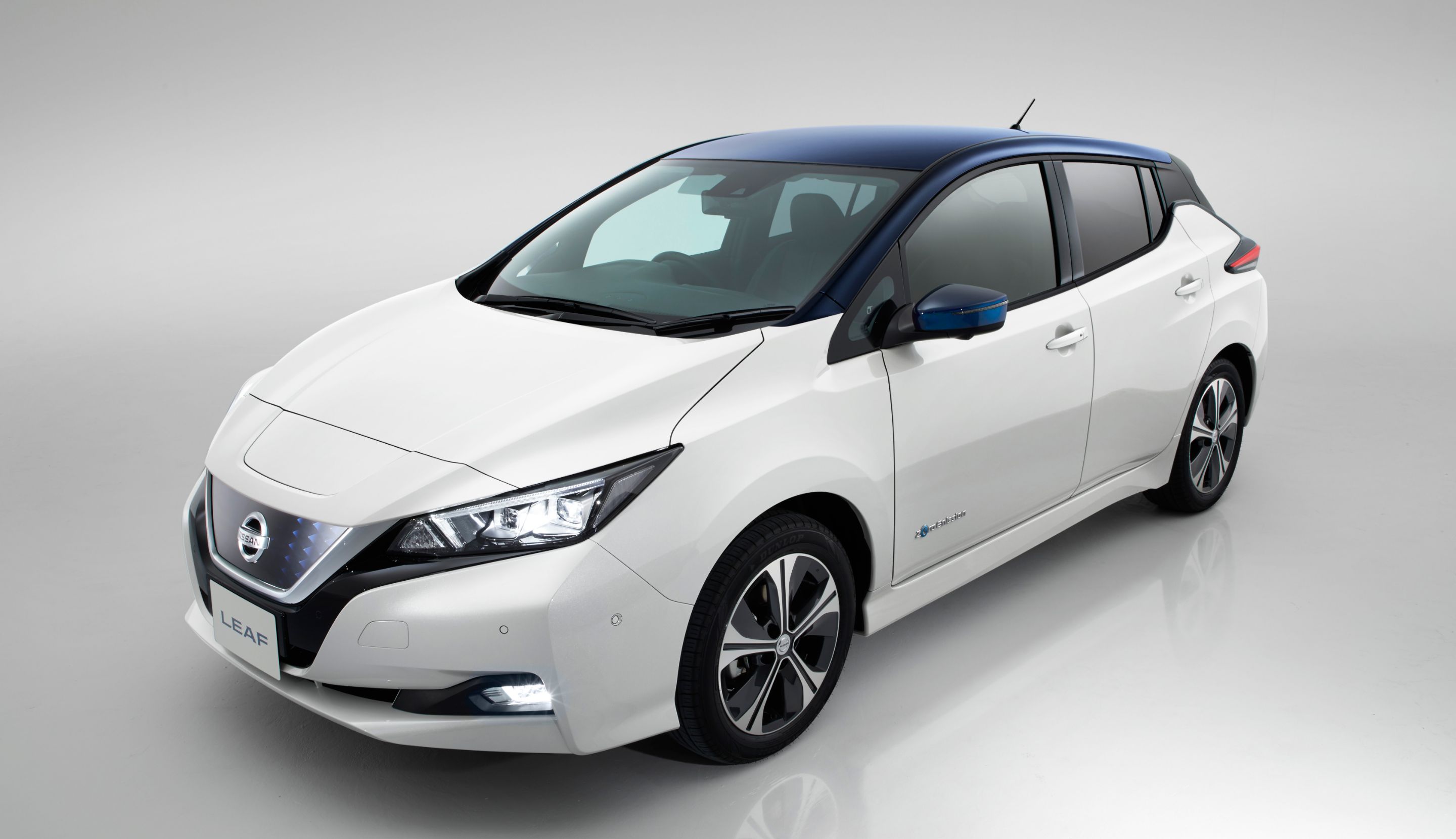Nissan Zero Emissions
What does it mean?
Nissan Zero Emissions refers to a concept where vehicles produced by the Nissan Motor Company are designed to emit zero harmful emissions into the environment. This is achieved through the use of electric vehicles (EVs) that run on electricity instead of gasoline or diesel. The goal of Nissan Zero Emissions is to reduce the carbon footprint of transportation and help combat climate change by promoting sustainable and eco-friendly modes of transportation.
How does it work?
Nissan Zero Emissions vehicles, such as the Nissan Leaf, are powered by an electric motor that is fueled by a battery pack. These batteries can be recharged by plugging the vehicle into a charging station or a regular electrical outlet. By using electricity as a fuel source, Nissan Zero Emissions vehicles produce no tailpipe emissions, making them a cleaner and greener alternative to traditional gasoline-powered vehicles.
What is known about Nissan Zero Emissions?

Image Source: ytimg.com
Nissan has been a pioneer in the development and production of electric vehicles with zero emissions. The Nissan Leaf, which was introduced in 2010, was one of the first mass-produced electric vehicles on the market. Since then, Nissan has continued to innovate and improve its electric vehicle technology, making it more accessible and affordable for consumers around the world.
Nissan Zero Emissions vehicles are known for their high-quality construction, advanced technology, and impressive performance. They offer a smooth and quiet driving experience, instant acceleration, and low operating costs compared to traditional gasoline-powered vehicles. With zero tailpipe emissions, Nissan Zero Emissions vehicles are also better for the environment, helping to reduce air pollution and combat climate change.
Solution for reducing emissions
Nissan Zero Emissions vehicles offer a practical solution for reducing greenhouse gas emissions and air pollution from transportation. By switching to electric vehicles, consumers can significantly reduce their carbon footprint and contribute to a cleaner and healthier environment. As more and more people make the switch to electric vehicles, the demand for fossil fuels will decrease, leading to a reduction in greenhouse gas emissions and a more sustainable energy future.
Information about Nissan Zero Emissions

Image Source: nissan-global.com
Nissan Zero Emissions vehicles are designed to be efficient, reliable, and environmentally friendly. With a range of models to choose from, including compact cars, sedans, and SUVs, Nissan offers a variety of options for consumers looking to go green. In addition to reducing emissions, Nissan Zero Emissions vehicles also offer cost savings through lower fuel and maintenance costs, as well as potential incentives such as tax credits and rebates for purchasing an electric vehicle.
Overall, Nissan Zero Emissions vehicles are a smart choice for consumers who are looking to make a positive impact on the environment while enjoying the benefits of driving an electric vehicle. With advancements in battery technology and charging infrastructure, electric vehicles are becoming more convenient and practical for everyday use, making them a viable alternative to traditional gasoline-powered vehicles.
Conclusion
In conclusion, Nissan Zero Emissions represents a major step forward in the automotive industry towards a more sustainable and eco-friendly future. By producing electric vehicles that emit zero harmful emissions, Nissan is helping to reduce the environmental impact of transportation and combat climate change. With a range of models to choose from and advancements in technology, Nissan Zero Emissions vehicles offer consumers a practical and environmentally friendly option for their daily transportation needs.
FAQs
1. Are Nissan Zero Emissions vehicles expensive to maintain?
No, Nissan Zero Emissions vehicles are actually cheaper to maintain compared to traditional gasoline-powered vehicles. With fewer moving parts and no need for oil changes, electric vehicles require less maintenance, resulting in lower maintenance costs over time.
2. How long does it take to charge a Nissan Zero Emissions vehicle?
The charging time for a Nissan Zero Emissions vehicle depends on the type of charger used and the vehicle’s battery capacity. On average, it can take anywhere from 30 minutes to several hours to fully charge an electric vehicle, depending on the charging infrastructure available.
3. Are Nissan Zero Emissions vehicles as reliable as traditional gasoline-powered vehicles?
Yes, Nissan Zero Emissions vehicles are designed to be reliable and durable, with advanced technology and high-quality construction. Electric vehicles have fewer moving parts than traditional vehicles, reducing the risk of mechanical failures and increasing overall reliability.
4. Can I drive a Nissan Zero Emissions vehicle long distances?
Yes, Nissan Zero Emissions vehicles have a range that allows for long-distance driving. With advancements in battery technology, many electric vehicles can now travel over 200 miles on a single charge, making them suitable for long trips and daily commutes.
5. Are there incentives available for purchasing a Nissan Zero Emissions vehicle?
Yes, there are often incentives available for purchasing an electric vehicle, such as tax credits, rebates, and discounts on charging equipment. These incentives can help offset the initial cost of buying an electric vehicle and make it more affordable for consumers.
Nissan Zero Emissions